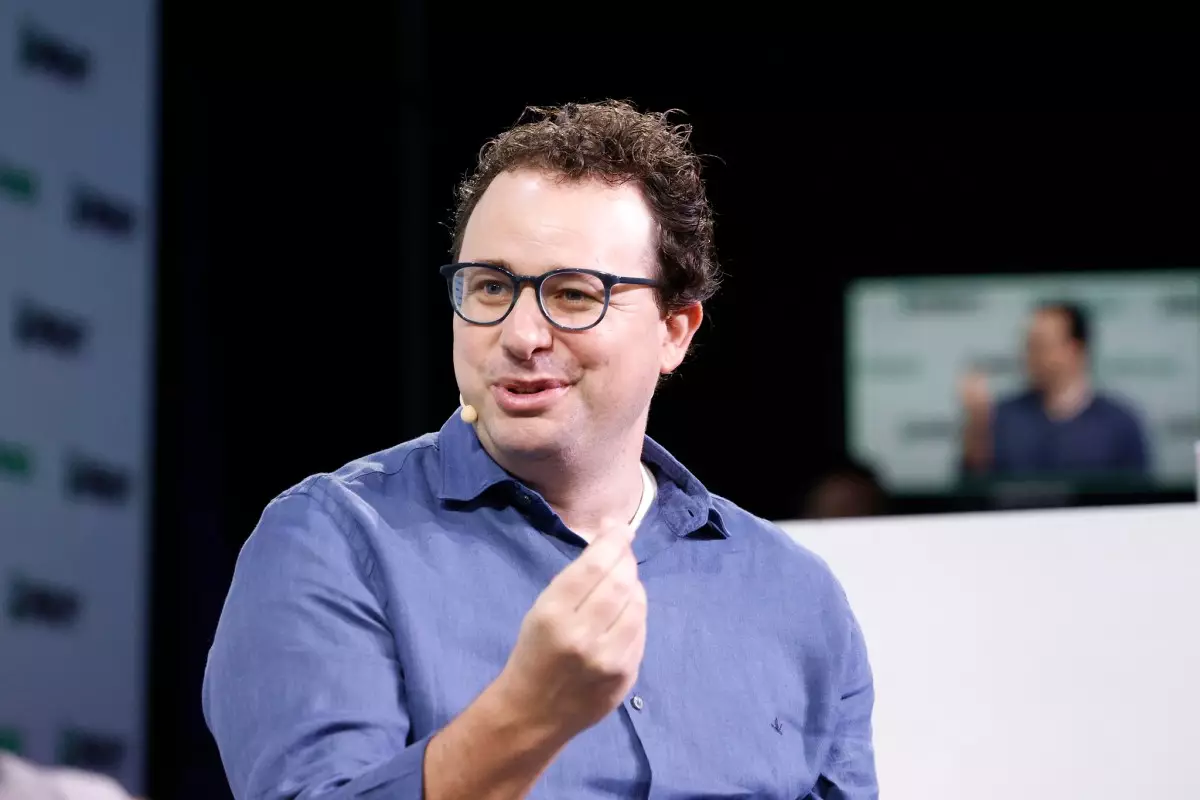The dynamic landscape of artificial intelligence (AI) continues to confront legal challenges that mirror broader societal concerns about copyright and content ownership. A recent lawsuit has highlighted significant tensions between prominent AI players and the literary community. At the center of this legal drama lies Dario Amodei, the CEO of Anthropic, embroiled in a complex legal situation initiated by the Authors Guild, which represents renowned authors in their claims against OpenAI.
The Authors Guild initiated a lawsuit in September 2023 in the U.S. District Court for the Southern District of New York, arguing that OpenAI utilized copyrighted materials without proper authorization to train its models, particularly ChatGPT. This lawsuit is not an isolated incident but part of a broader series of copyright claims aimed at AI companies. Authors such as John Grisham and George R.R. Martin have lent their names to this cause, seeking clarity and justice regarding the use of their intellectual properties in AI training datasets. Their contention is rooted in a fundamental premise: creators deserve compensation and recognition for their work, irrespective of how that work is monetized or repurposed by advanced technologies.
Dario Amodei, alongside his co-founder Benjamin Mann, finds himself in a particularly precarious position. According to recent court filings, there appears to be a concerted effort from their legal team to avoid depositions, a crucial process where witnesses provide sworn testimony. The Authors Guild has submitted subpoenas, deeming Amodei and Mann as individuals possessing “unique, firsthand knowledge” due to their former employment at OpenAI. This assertion raises the stakes significantly, as their insights could prove pivotal in elucidating the practices surrounding AI training methodologies.
Initially, both Amodei and Mann agreed to endure seven-hour depositions, aligning themselves with the discovery process. However, as the legal proceedings developed, their lawyers began to strategize to postpone or even evade these commitments entirely, causing friction with the Authors Guild. Their rationale hinges on claiming that their professional schedules—the ‘apex doctrine’—render them unsuitable for the demands of a deposition. This raises pertinent questions: to what extent should high-ranking officials be insulated from legal scrutiny, especially when their companies are at the heart of controversial practices?
Interestingly, the saga doesn’t end with simple avoidance; it morphs into a convoluted narrative of coordination across multiple ongoing cases related to OpenAI. Mann’s legal strategies are intertwined with a separate collective lawsuit from writers like Sarah Silverman and Michael Chabon. His stipulation that he will only provide testimony if Amodei is not required to do so reflects a strategic interplay aimed at minimizing the personal and professional disruptions that such deposits could inflict.
This legal web underscores the pervasive nature of the copyright issues at hand and the measured steps individuals within these organizations are taking to shield themselves from fallout. Additionally, Mann’s personal circumstances—a family member’s serious health condition and responsibilities stemming from parenthood—shed light on the human side of corporate leadership, further complicating the portrayal of tech executives as aloof and disconnected from the realities of everyday life.
The ongoing lawsuit not only serves as a confrontation between the Authors Guild and Anthropic/OpenAI but also marks a critical juncture for the future of copyright in the digital age. As AI continues to evolve and integrate into various facets of life, the intrinsic value of original content and its rightful creators remains a contentious issue. The legal outcomes of such cases could establish pivotal precedents, shaping how machine-learning models access and incorporate intellectual property.
Moreover, as AI entities consider striking deals worth billions for expansion and capabilities—reports suggest OpenAI is in discussions to raise $40 billion—the pressures of maintaining a good legal standing become exponentially intensified. The tensions exemplified in cases like these might act as catalysts, urging companies to revisit their operational ethics, especially when it comes to content utilization.
The legal skirmishes surrounding Amodei, Mann, and the Authors Guild reveal the intricate balance between innovation in AI and the rights of content creators. As the situation unfolds, all eyes will be on the judiciary to determine how it navigates these uncharted waters, potentially reshaping the future of copyright law in the age of artificial intelligence.

